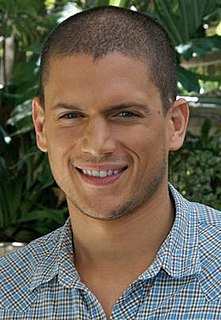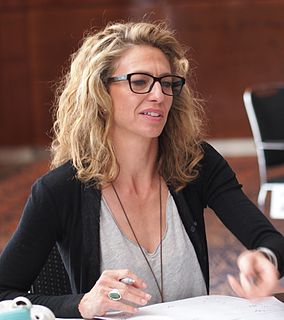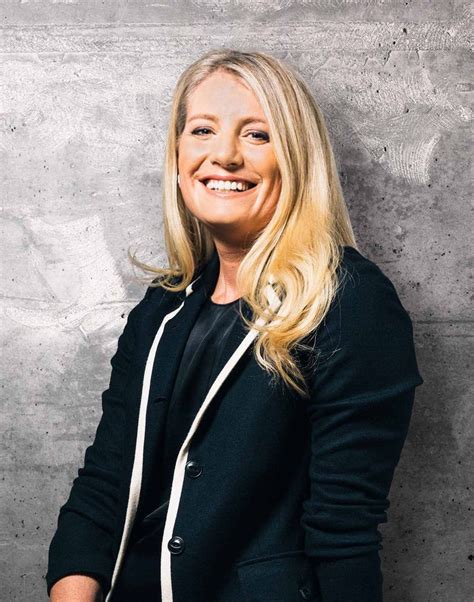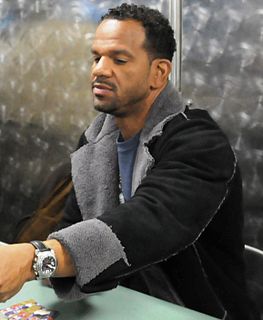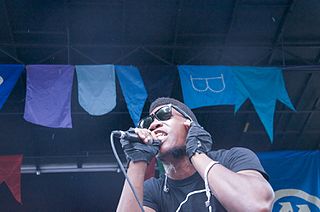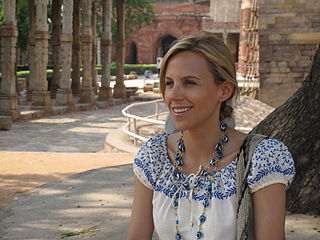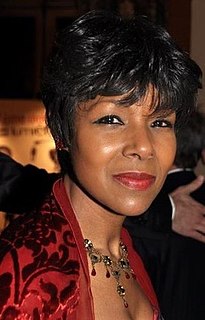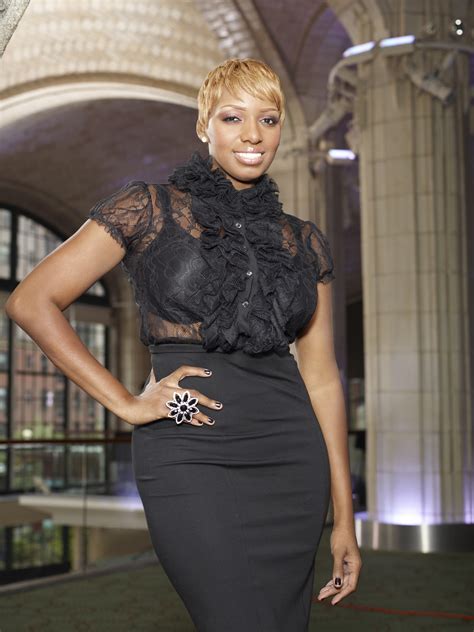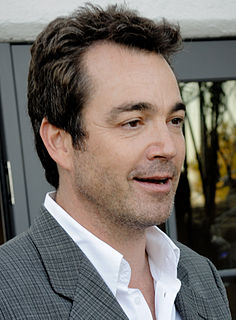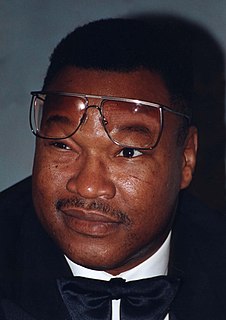A Quote by Wentworth Miller
I think what you learn, working on a film or TV set, is how to tune certain things out. You've got 60-100 people swirling around you, each of them with a very important job to do.
Related Quotes
One of the most important things you can do is build an ecosystem of people around you who want to see you do well. That might be making appropriate introductions or providing mentorship or introducing others to key hires over time. It's not just what you can learn at your job before you set out on your own, but also thinking about how you're cultivating that ecosystem and keeping in touch with that group around you.
I think that while kids are in college they don't think that fitness and nutrition are really important things. But once they get to the NFL it's a job, and just like any other job you've got to be at your best to a certain point, especially with a job like this. You've got to be fit and you've got to eat the right things.
One of my struggles is that I'm a glutton. There's always those very simple, long, old-ass things, but they're very real to me, and I'm sitting in them, and they're swirling in my mind all the time. I tell people about it and they think, "Why don't you just go and make some money, go get a big-screen TV, or look at the Internet." Or they say, "Go create some introspective art." I just want to explode. I don't know how everybody else is able to walk around so calm. It's amazing to me when I see people walking so calmly down the street. I envy them, but I also kind of hate them.
Being an actor in TV or movies is different. A film or TV actor, if put in theatre, won't know certain dimensions, while a theatre actor won't know certain things when he comes before the camera. So I think a film actor can learn emoting from this theatre counterpart, while the theatre actor can learn about camera techniques from the film actor.
I'm working on a number of different things. I'm working on a couple of TV things and I'm working on a couple of film things too, and they're all very early stages. One of them I'm writing myself, one of them I'm writing with somebody else, and one of them I'm supervising a writer, and they're all sort of coming up at the same time and it'll be interesting to see which one kind of reveals itself first and jumps ahead.
Unfortunately, when you're working in film, it's this huge machine, and you've got to get everyone right there, so you get kind of locked into things. I'm not sure where the artistry in film making is. It's usually that moment when you're on set and you're working with the actors. That's the time to play around, the moment of theater. And then you can shape things. But a lot of it is just managing stuff. It's upsetting because you get away from the core.
Image and music always works together for me. I think they're equally important and I've always done things in a way that people remember them by, but I don't set out to just shock people...because that's very easy, a lot of people could do that, I just like to do things the way that makes me happy really. And sometimes that's too much for certain people, but, you know, I try to push the envelope to make the boundaries wider as far as what you can and can't do in music.
It was a very easy way to have a group of friends on a very large campus - a sense of identity. It was a great place to learn how to navigate a variety of personalities, which you kind of have to do in life. You've got the shy woman and you've got the obnoxious woman and you've got the brainiac and you've got the social climber and you've got the introvert and the extrovert, and you're all living together. I think it gave me valuable experience in learning how to live with people that are different than you are. And that's an important lesson. You can bet it comes in very handy in the Senate.
I think a trainer is very important at the beginning of a fighter's career. A fighter needs to know how to throw a left, throw a right, how to duck, how to do certain things. Over time, you don't really need a trainer. You've got to train yourself. You've got to motivate yourself. And I don't think anybody can put that in you.
